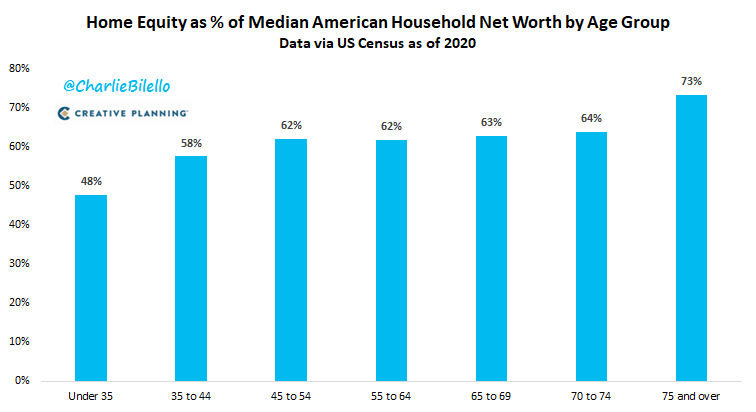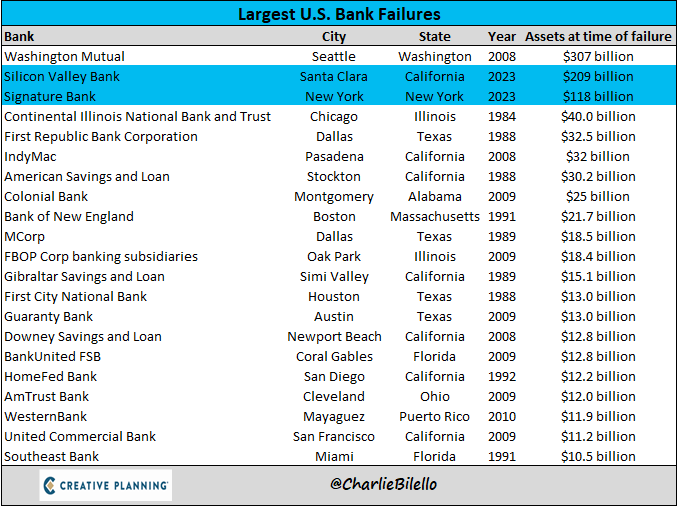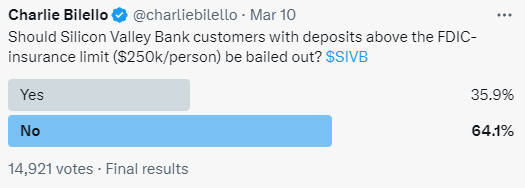The 43% of US income tax filers earning $50k or less make up 10% of total income and pay -4.8% of federal income taxes (negative b/c they get a refundable credit on average).
The 10% of taxpayers earning $200k or more earn 44% of the total income and pay $80% of federal taxes.
The 10% of taxpayers earning $200k or more earn 44% of the total income and pay $80% of federal taxes.

• • •
Missing some Tweet in this thread? You can try to
force a refresh

 Read on Twitter
Read on Twitter

















